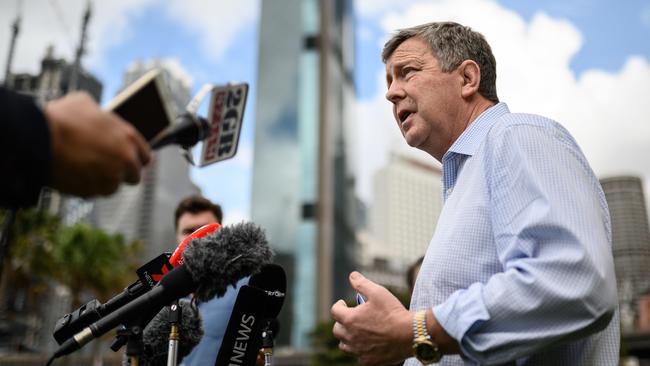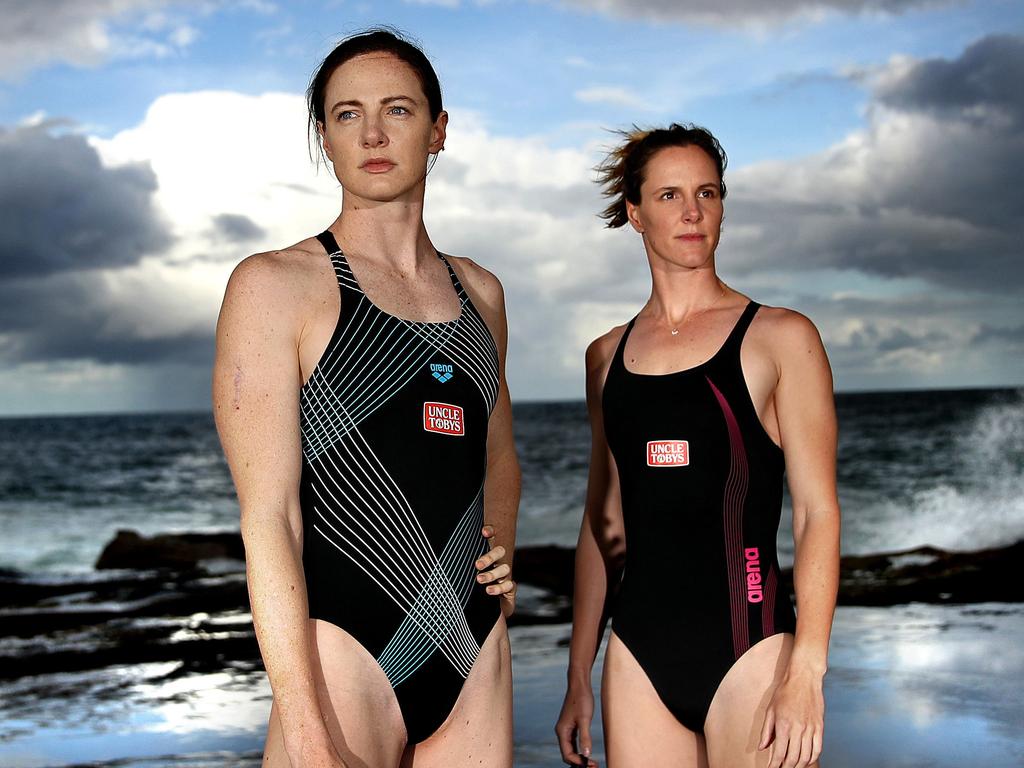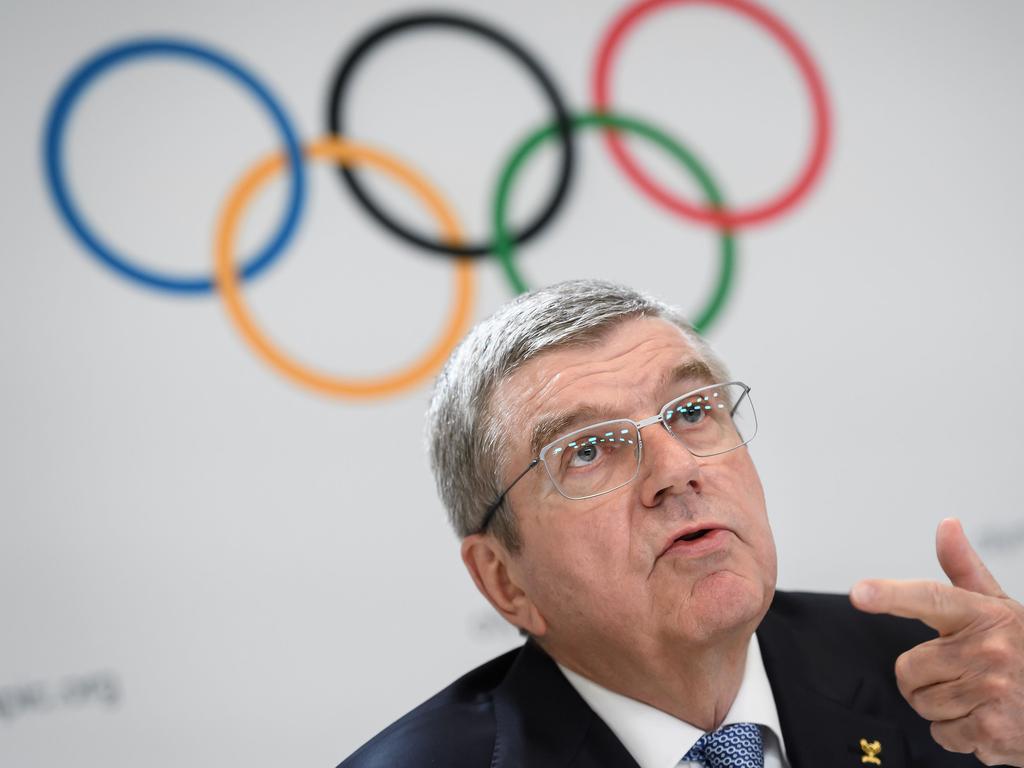2021 Olympic Games reality but hurdles remain
The IOC faces extreme obstacles planning for a 2021 Tokyo Games.

The International Olympic Committee faces extreme obstacles planning for a 2021 Tokyo Games after it appeared all but certain that the world’s biggest sporting event would have to be postponed for a year.
On Monday the Australian Olympic Committee told their athletes to prepare for a Games in the northern summer of 2021 following the global spread of COVID-19. A start date being floated is July 23.
The Australian understands the International Olympic Committee is considering what to do about the athletes’ village — with residents due to move in later this year — and alternative venues if they postpone the Games.
The IOC will take the next four weeks to map out their plans.
Many countries had called for the Olympics to be postponed to July 2021 saying the Games would not have been a fair and level playing field due to the disruption caused by the coronavirus outbreak. Australia’s announcement came on the back of the Canadian Olympic team announcing they would not go to Tokyo 2020 and risk their health because of the pandemic.
Already powerhouse sporting federations such as US Swimming and UK Athletics had said they wanted the Games to be postponed until 2021. As did the Brazilian and Norwegian Olympic Committees.
Japanese prime minister Shinzo Abe told parliament on Monday that the postponement of the 2020 Olympics “may become inevitable” if the coronavirus outbreak makes it impossible to hold the Games safely.
Last week Olympic champion Steve Hooker, now chairman of the AOC’s Athletes Commission, informed the AOC board of the athletes’ anxiety due to the uncertainty around the Tokyo Olympics. While they wanted to take part in the Games they had deep concerns about it going ahead with the world fighting a pandemic.
Preparations had also been compromised. At least 47 per cent of the world’s athletes are yet to qualify for the Games with numerous athletic events cancelled because of the outbreak.
In a statement released on Monday the AOC said it believed athletes needed to prioritise their own health and that of those around them, and to be able to return to the families while putting their Olympic dreams on hold.
The AOC held an executive board meeting via teleconference on Monday and “unanimously agreed” that an Australian team could not be assembled as COVID-19 spread through the world.
AOC chief executive Matt Carroll said athletes have needed certainty — they wanted to do the right thing for themselves, their families and the world community.
“The athletes desperately wanted to go to the Games, desperately wanted to represent their country at the Olympics, but they also take on board their own personal health but also the health and wellbeing of their fellow athletes around the world,” he said.
While last week Carroll said, as the IOC had stipulated, that postponement of the Olympics was off the table, it is now a consideration and an official decision would be made in the coming weeks.
“That’s what’s specifically changed over the weekend of course, it’s a terrible crisis that the virus is bringing upon many countries around the world,” Carroll said. “Taking all of this into account the AOC executive met this morning and considered all the parts, both the IOCs decision, government measures, and most importantly our athletes.
“The decision is that they agreed that the Australian Olympic team could not be assembled in the changing circumstances both here and abroad. We have to look after not only our athletes and officials but also their families who are feeling concerned. So with these travel restrictions in place by the government which we respect and understand … combined with the decision of the IOC we decided to plan towards the hosting of the Games in 2021 in Tokyo.
“I understand it’s a situation which the Tokyo government will look at with the IOC over the coming months.’’
Carroll said Hooker’s contribution to the decision-making had been “valuable”.
Australian Team Chef de Mission Ian Chesterman said he had communicated to athletes after receiving feedback from athletes from more than 25 sports last week.
“Our athletes have been magnificent in their positive attitude to training and preparing, but the stress and uncertainty has been extremely challenging for them,” Chesterman said






To join the conversation, please log in. Don't have an account? Register
Join the conversation, you are commenting as Logout